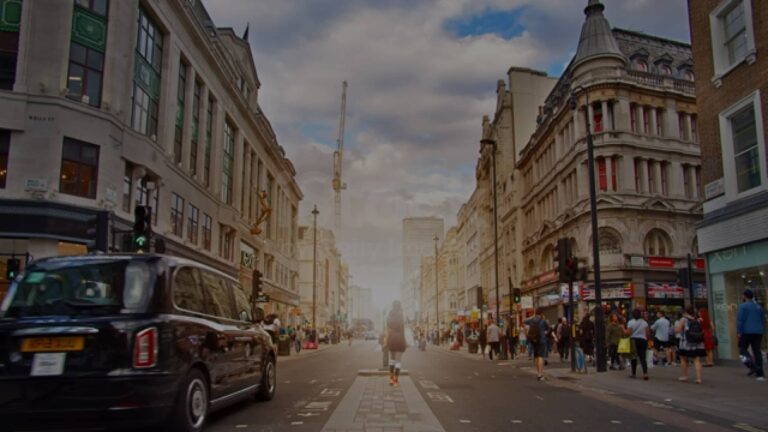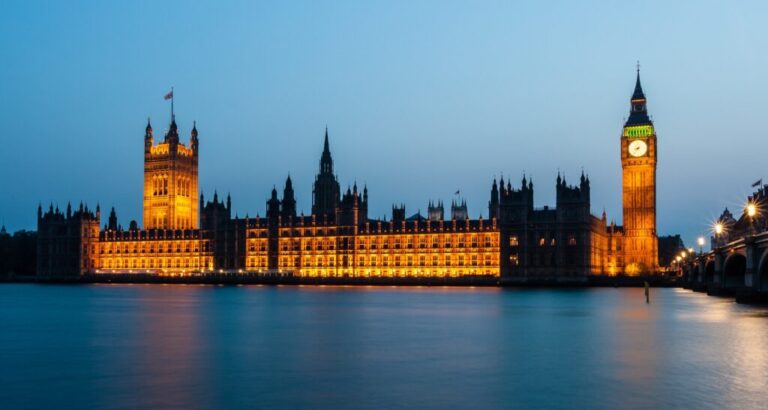7 Tips on How Landlords Can Survive the Pandemic
If you’re a landlord, the pandemic has likely impacted you in some way. Maybe that’s with extra commercial cleaning to HMO common areas, undertaking socially distanced property viewings and dealing with the eviction notice periods.
What’s more, according to a recent survey undertaken by National Residential Landlords Association (NRLA), you may have some tenants that have built up rent arrears.
Around 840,000 private tenants are in rent arrears, which began during lockdown. This impacts young tenants and self-employed people, with one in five tenants having debts of more than £1,000. The worst hit was in London, where 9% of private renters are in arrears.
Established landlords or HMO property owners with a strong portfolio may be able to absorb the rent arrears. But what about landlords that rely on the rent as the sole income source?
Below we’ve listed 7 tips to help these landlords survive the pandemic.
Tip 1: Rent Payment Plans
If you have some tenants that have accrued arrears in rent, you may consider offering a payment plan so you can start to recover some of the rent and build up your cash flow.
Tip 2: Mortgage Payment Holiday
If you are having trouble making your mortgage payments, buy to let lenders have agreed to offer a three-month mortgage holiday to landlords whose tenants have been financially affected by the pandemic.
Tip 3: Bounce Back Loans
If you are experiencing difficulty in making your mortgage payments, you may want to consider taking out an emergency loan or “bounce back” loan to assist you until your tenants start paying rent.
Tip 4: Know the Eviction Notice Periods
Usually, a Section 21 notice gives your tenants at least two months’ notice to leave your property. However, during the pandemic this has been extended. If you give your tenant notice after 29 August 2020, the notice period must be at least six months.
Tip 5: Pandemic Impacts on Viewings
Firstly, you must ensure your property is deep cleaned before potential tenants view your property.
When viewers are at your property, they must wear a mask and gloves, sanitise their hands and remain socially distant from others. You also may need to limit the numbers of people viewing the property at the same time.
Tip 6: Host Virtual Walk-Throughs
Virtual walk-throughs are popular for showing many people the features of properties at the same time.
There are two categories of virtual reality that are useful for property management:
- Semi-immersive virtual reality. This type of virtual reality allows prospective tenants to be partially in a virtual environment through high-resolution 2D photos, 3D photos and videos. The prospective tenant views the details via a computer or phone.
- Fully immersive virtual reality. This is the most realistic simulation experience, complete with sight and sound. The virtual environment is created from high-resolution models, images and videos combined to create a new reality. It is like physically being in the property.
Tip 7: Check-in with Your Tenants
Even if your tenants have been with you for a while, it is beneficial to check in with them to see how they are.
With physical restrictions and lockdowns, most people have gotten used to using Zoom calls to connect with colleagues, family, and friends. And we use this tool to connect with our clients, their tenants and for rental inspections.
Not only does this ensure social distancing, but it also shows your tenant that you care how they are, without needing to be at the property and risk their health.
Your additional responsibilities as a landlord
The current public health advice makes it more difficult to manage your property during a pandemic. However, as a landlord, you are still responsible for maintaining your property.
If you are aware of repairs that need to be undertaken, but your tenant cannot permit access due to self-isolation, then it is your responsibility to have them document this in a text or an email. Repair work should not be carried out where tenants are self-isolating – unless there is a direct safety threat to your tenant.
When a tenant leaves your property, you will be required to undertake a deep clean and decontaminate the property.
At REKA Property Management, we help manage our clients’ property and help landlords keep up to date with health requirements.
If you want peace of mind with your property, call us on +44 (0) 203 286 6468 or email us at Admin@RekaProperty.co.uk
Doug


